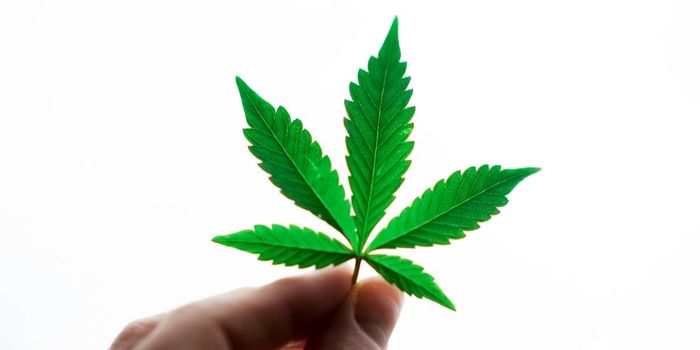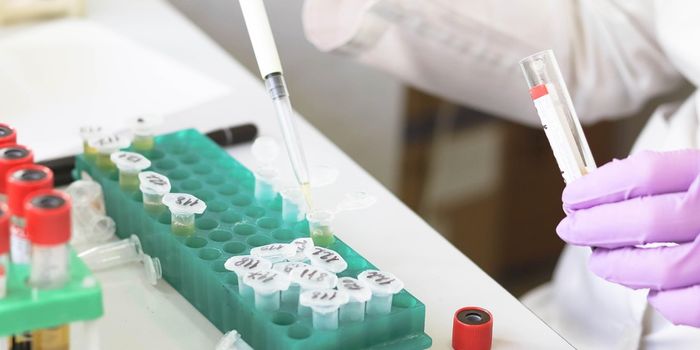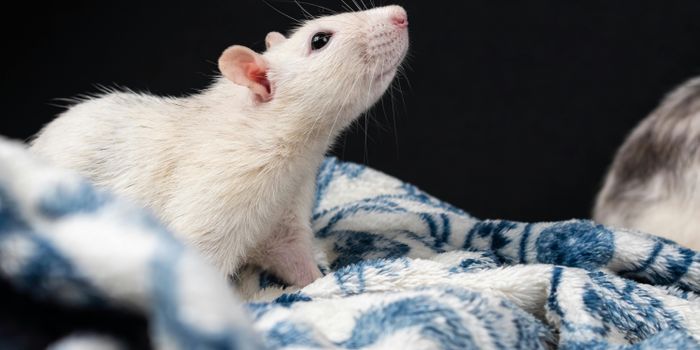Higher Temperatures Increase Sleepiness
A study published in Current Biology found that fruit flies have internal sensors, or “absolute heat” receptors, that respond to temperatures 77 degrees Fahrenheit and above. The study also demonstrated the fly’s nervous system encodes and relays absolute hot and cold temperature information separately. The study has implications for research on human sensory neurons and neurons that control the sleep cycle.
The Northwestern University researchers used patch-clamp electrophysiology to show a fruit fly’s internal thermosensory neurons function as a thermometer active in the hot range. They found that brain neurons receiving information about heat promote longer midday sleep at the hottest part of the day. The researchers used a connectome, a map of neural connections in an animal, to examine the effect of heat on flies. The connectome indicates potential brain connections for a fly’s 100,000 brain cells.
Studying fly thermosensation can provide insights into how the human brain processes temperature changes. According to study author Dr. Marco Gallio, “Changes in temperature have a strong effect on behavior in both humans and animals and offer animals a cue that it is time to adapt to the changing seasons. The effect of temperature on sleep can be quite extreme, with some animals deciding to sleep off an entire season — think of a hibernating bear — but the specific brain circuits that mediate the interaction between temperature and sleep centers remain largely unmapped.” Hot and cold temperatures can influence physiology and behavior and may reflect evolutionary processes.
Researchers have studied thermal manipulation and its effects on sleep. Changing body temperature through a hot shower or warm bath gives the body a thermal cue to go to sleep. Deep non-REM sleep or slow wave sleep was increased 10-20 %. Manipulating body temperature may have even greater results with older patients and those with insomnia.
Sources: Current Biology, Eureka News Alert








